Harper (1966)
“What kind of a weirdo is Sampson?”
|
Synopsis: |
|
Genres, Themes, Actors, and Directors:
Review: It’s solidly directed by Jack Smight, with fine Technicolor cinematography by Conrad Hall, good use of diverse locales across Los Angeles, and an ensemble array of big-name actors making an impression in relatively small parts (especially Winters and Harris). There are plenty of twists and turns — as well as unexpected character revelations — and Newman gets into just about as much trouble as you might imagine given the amount of money at stake. I haven’t read any of the Lew Archer novels, but according to Wikipedia’s article, Archer “is largely a cipher, rarely described”, thus leaving him open to interpretation by Newman, who portrays him as a smooth operator — he swiftly turns himself into whoever people assume he is — but also a foolish husband who’s unable to keep things straight with his own (dissatisfied and fed up) wife. In his review of the film for The New York Times — comparing it to hard-boiled private eye flicks of the 1940s — Bosley Crowther wrote:
Regardless of whether one agrees with Crowther’s specific complaint (does Archer need to be a “beat-up slob”?), I’ll admit to not quite finding Newman appropriate in the role — primarily because he’s too easily amused and a bit childish; it’s by sheer luck (and perhaps even some James Bond-ian movie-land luck) that he manages to slip away with his life time and again. Redeeming Qualities and Moments:
Must See? Links: |
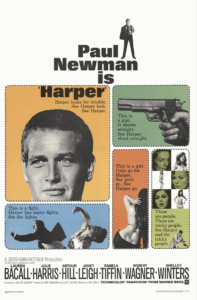
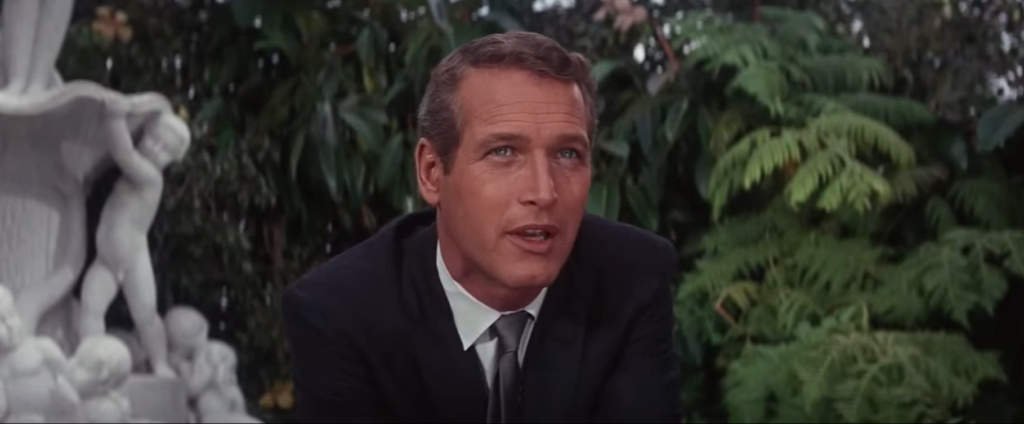
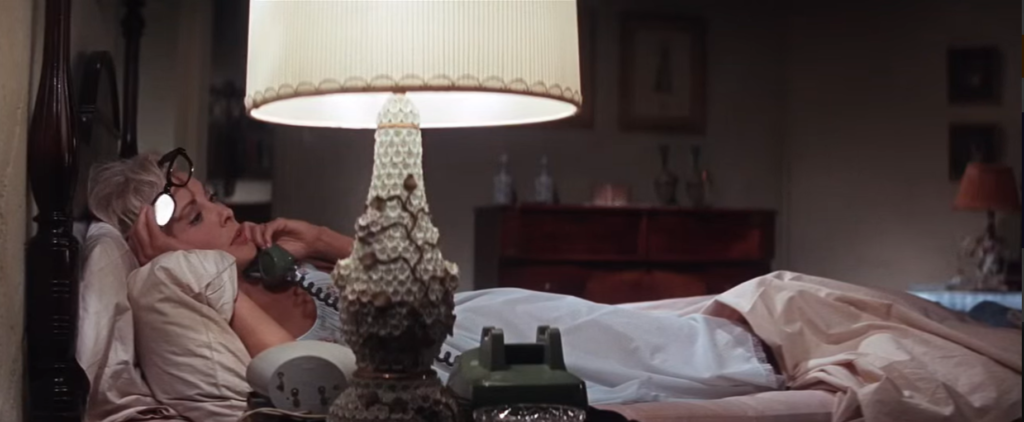
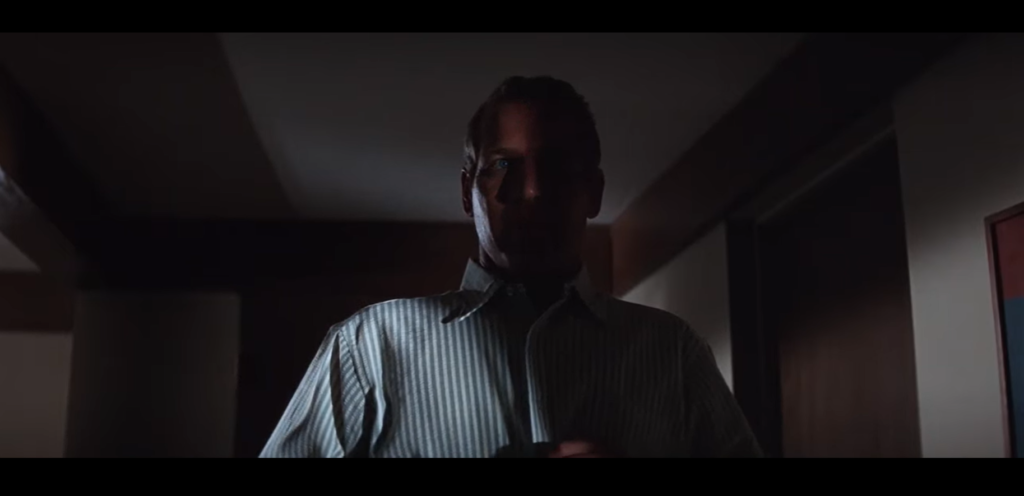
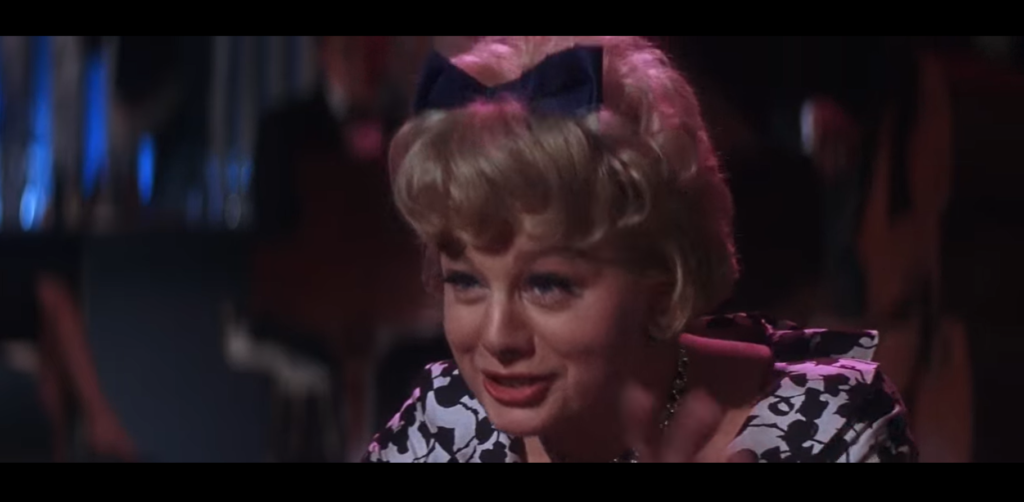
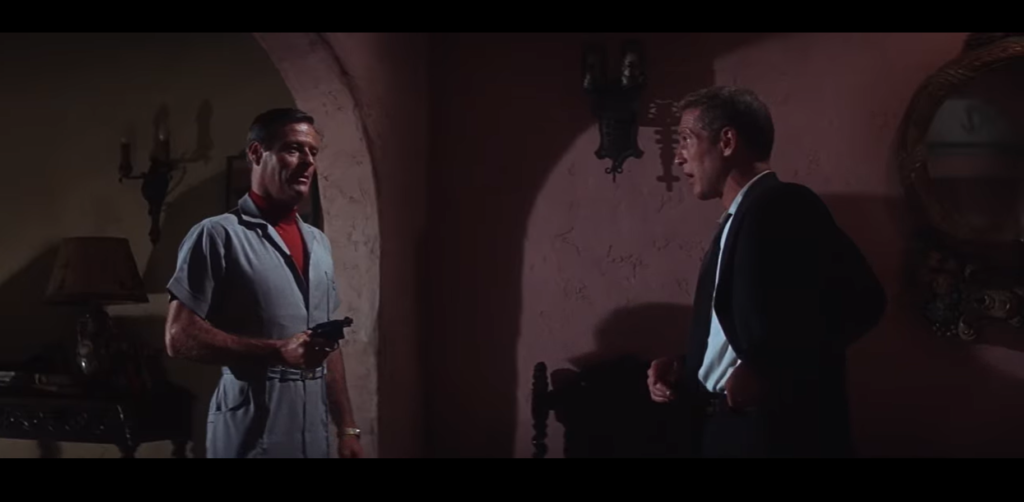
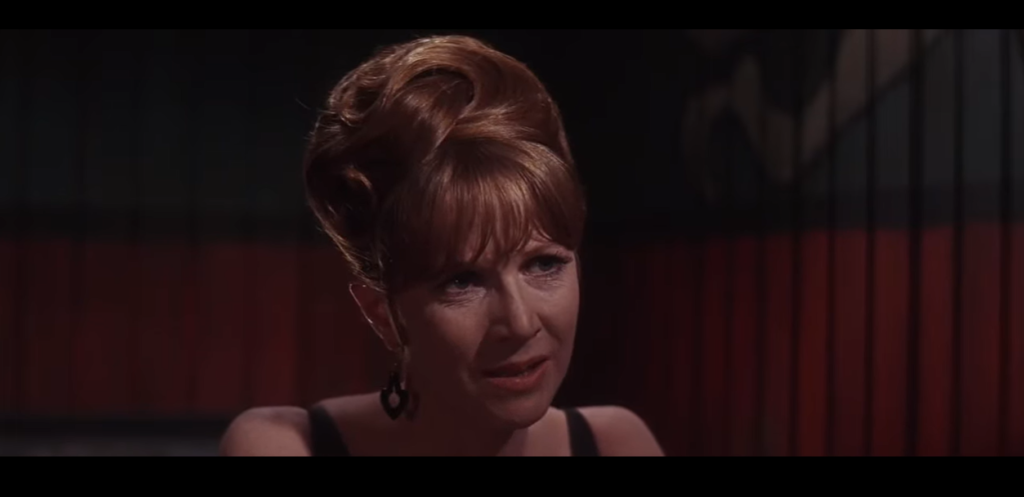
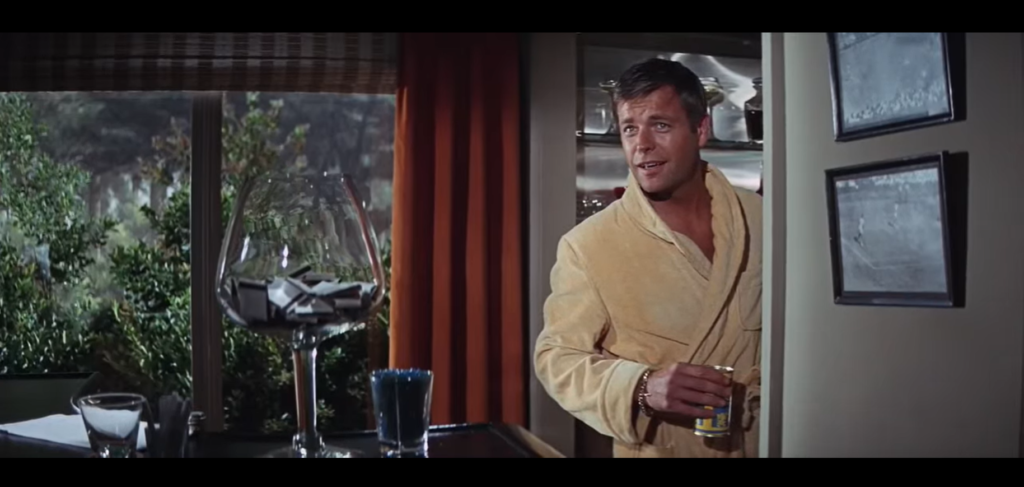
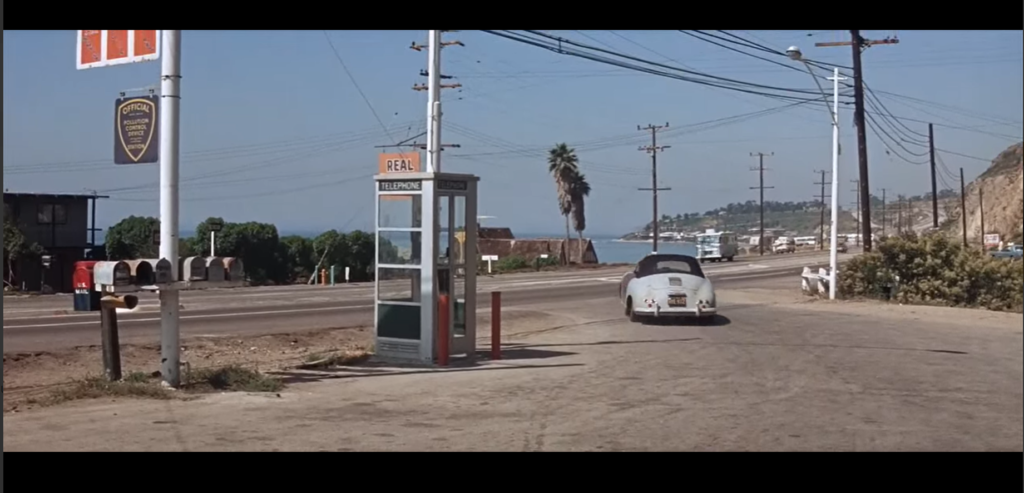
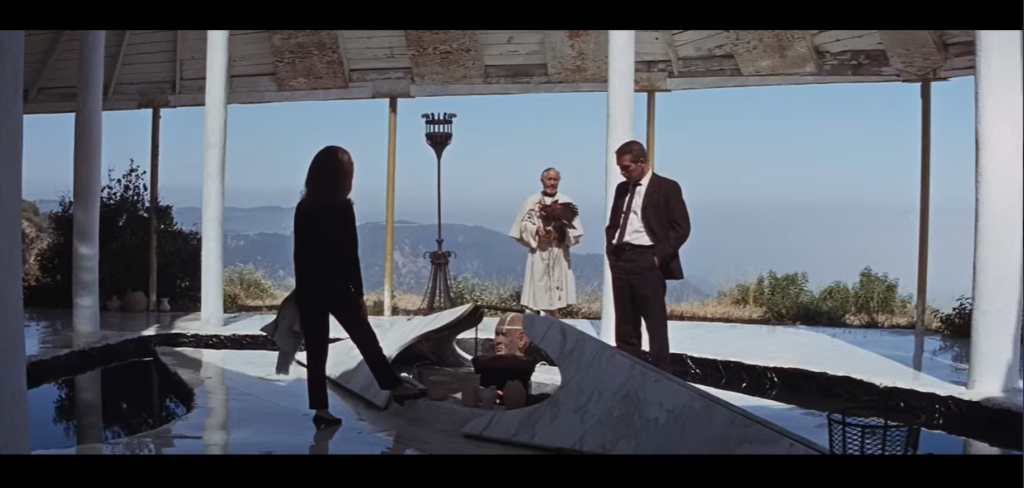
2 thoughts on “Harper (1966)”
⭐️⭐️⭐️⭐️ out of ⭐️⭐️⭐️⭐️⭐️
I also haven’t read a Lew Archer novel, but found Newman and the story extremely engaging. I think the noir setting, story and characters work very well in the 1960s LA setting, surprisingly.
Arguably one of the best of the ’60s neo-noirs. The sequel The Drowning Pool (1976) isn’t quite as good but is still a decent little yarn.
Harper is very good but not really a must see in any kind of cinematically historical sense.
Not must-see.
There are certainly much-better P.I. films; Newman’s character pales against the likes of Philip Marlowe. (Even Elliott Gould’s revisionist take on Marlowe – by way of Altman’s ‘The Long Goodbye’ – is better.)
Tiffin is cute; Harris plays the most unconvincing addict I’ve ever seen; Winters gets a laugh for farting.
The ending is WTF-dumb.